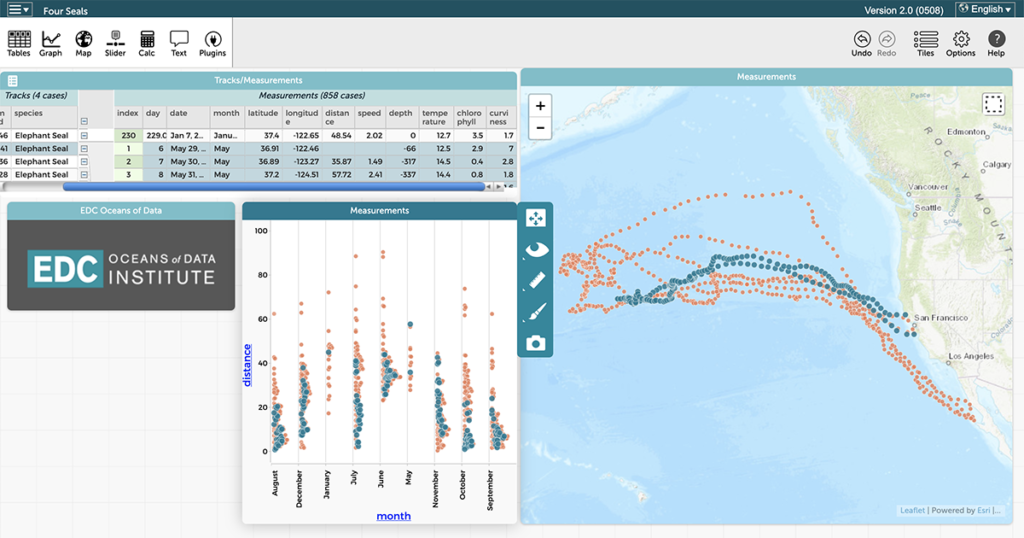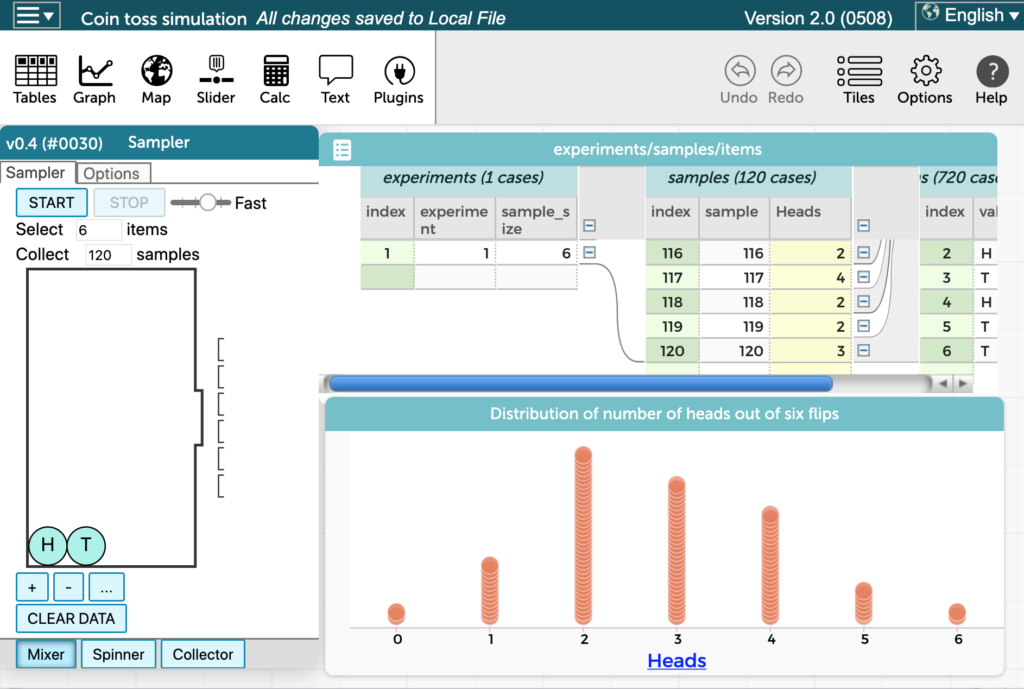I’ve been developing data exploration software for decades, having led the Fathom Dynamic Data Software development team at KCP Technologies before joining the Concord Consortium in 2014. And I’ve been steering the development of our Common Online Data Analysis Platform (CODAP) since then, thanks to a grant from the National Science Foundation. Both Fathom and CODAP are designed for learning and doing data exploration, visualization, and analysis. Frankly, I’d be happy if every person on this planet had the chance to mess about with data.
Unfortunately, Fathom (a 32-bit app) will not be supported on Macs for much longer — Apple has been transitioning to supporting only 64-bit apps for some time, and has finally made the Big Switch with the latest version of macOS. What does that mean for you?
We encourage you to try CODAP — it’s fabulous. (Okay, I may be a bit biased on that count, but many teachers, curriculum authors, students, and others insist on this!) And it is — and always will be — free. CODAP runs in a browser and doesn’t require installation or login. So you can use it on computers no matter the platform (but not yet on mobile touch devices). CODAP development is active and ongoing, so new features come along regularly, and bugs get fixed.

Try the Four Seals CODAP document developed in collaboration with EDC’s Oceans of Data Institute and get your feet wet with data analysis in this Science Teacher article (PDF).
CODAP offers easy-to-use web-based software that makes it possible for students in grades 6 through college to visualize, analyze, and ultimately learn from data. Whether the source of data is a game, a map, an experiment, or a simulation, CODAP provides an immersive, exploratory experience with dynamically linked data representations, including graphs, maps, and tables. CODAP is not dependent on specific content, so data analysis can be integrated into math, science, history, or economics classrooms.
Can CODAP be used to teach statistics?
Development on Fathom began in 1993, well before the data revolution. Introductory statistics courses proved to be its main venue, outstripping usage in other math and science classes. Introductory statistics has focused on learning the statistical inference framework complete with sampling distributions, hypothesis testing, estimation, and model building. Fathom’s capabilities in this area are considerable, complete with simulation tools designed to illuminate the commonalities that underlie all statistical inference.
CODAP, on the other hand, emerged when the data revolution was well underway. CODAP’s focus has been on supporting the use of data in a broad spectrum of disciplines by providing the ability to work with geographic data, hierarchical data structures, and a flexible, powerful extensibility through the use of plugins. The goal is to make data exploration intuitive. Further, CODAP has been developed in collaboration with many more science projects than math and statistics projects.

CODAP’s built-in Sampler plugin makes it easy to construct simple probability simulations and build up sampling distributions that underlie the statistical inference framework. Try it out here.
It doesn’t yet have Fathom’s support for teaching and learning formal statistical inference (though it does provide some basic tools for sampling distributions, for example). So CODAP cannot replace Fathom in introductory stats courses — at least not until its simulation and inference capabilities are enhanced. But stay tuned. We’re actively seeking funding to take CODAP towards that goal!
If you have any questions, please contact us as fathom@concord.org